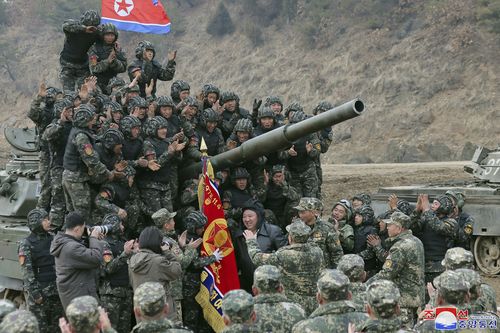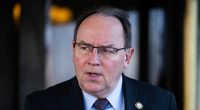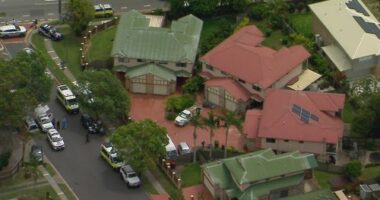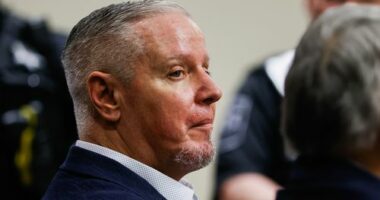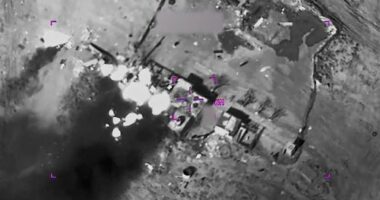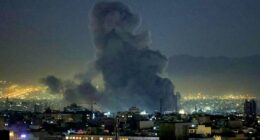Share this @internewscast.com
Officials from the US, South Korea, and Ukraine intelligence agencies reported that last year, North Korea dispatched up to 12,000 troops to Russia.
But North Korea had not confirmed or denied its reported troop deployments to Russia until Monday.

In February, South Korea’s intelligence agency suggested that North Korea might have sent additional forces to Russia, following significant casualties suffered by its troops on the Russian-Ukraine fronts.
In January, the NIS reported that approximately 300 North Korean soldiers had died, with another 2,700 injured. Zelenskyy had earlier stated that the number of dead or wounded North Koreans was around 4,000, although US estimates were lower at about 1,200.
Earlier this year, Kim expressed his unwavering support for Russia’s war in Ukraine during a meeting with a top Russian security official, Sergei Shoigu, in Pyongyang.
State media reports said Kim and Shoigu reaffirmed their commitment to uphold the mutual defence treaty agreed upon last year. Russian Deputy Foreign Minister Andrei Rudenko told Russian media the governments were discussing a potential visit by Kim to Moscow.
North Korea has been supplying a vast amount of conventional weapons to Russia as well. South Korea, the US and their partners worry that Russia could reward North Korea by transferring high-tech weapons technologies that can sharply enhance its nuclear weapons program. North Korea is expected to receive economic and other assistance from Russia as well.
North Korean soldiers are highly disciplined and well trained, but observers say they’ve become easy targets for drone and artillery attacks on Russian-Ukraine battlefields due to their lack of combat experience and unfamiliarity with the terrain.
Still, Ukrainian military and intelligence officials have assessed that the North Koreans are gaining crucial battlefield experience and have been key to Russia’s strategy of overwhelming Ukraine by throwing large numbers of soldiers into the battle for Kursk.
